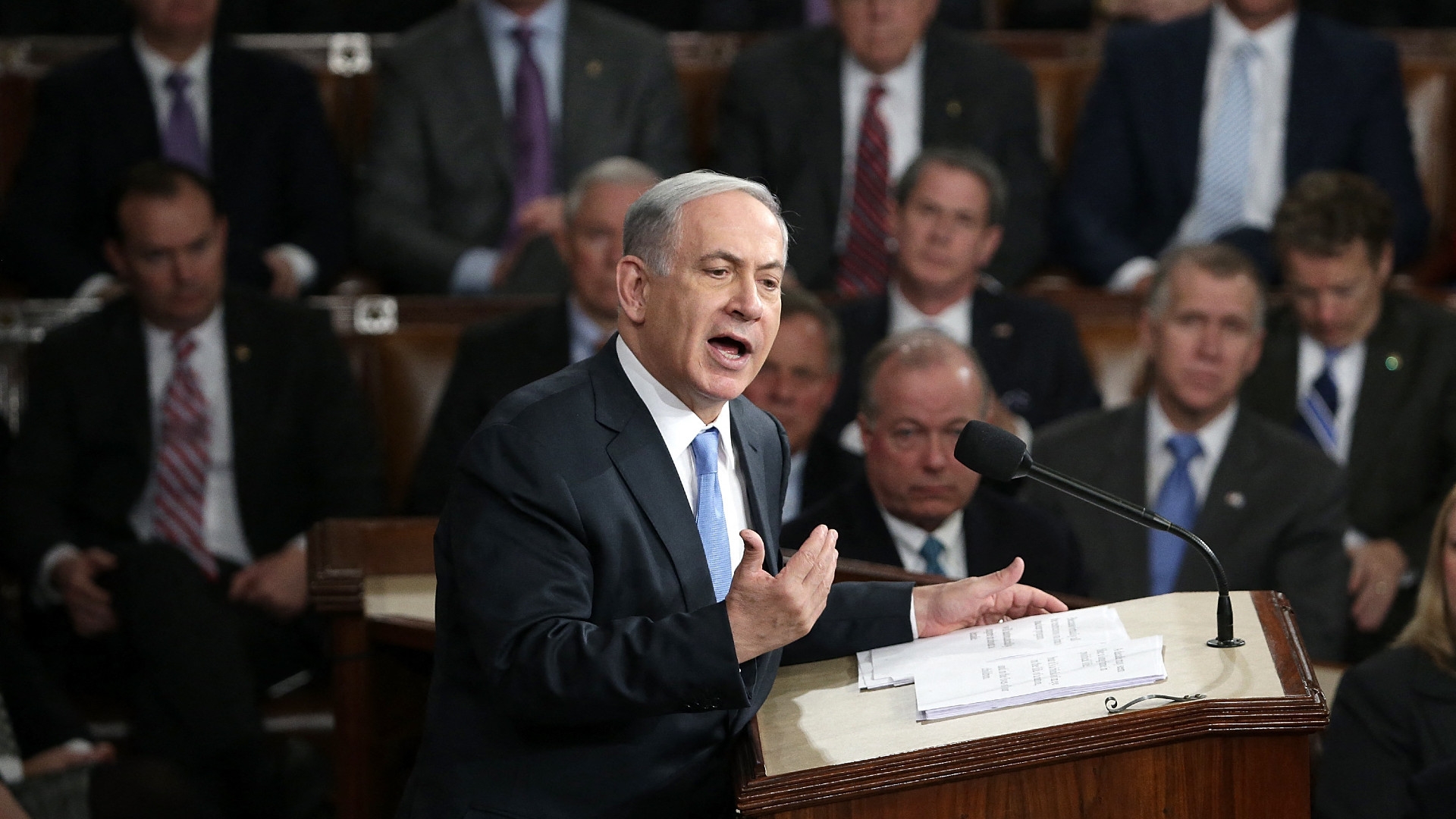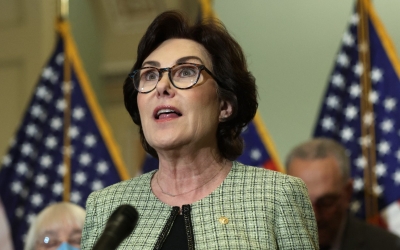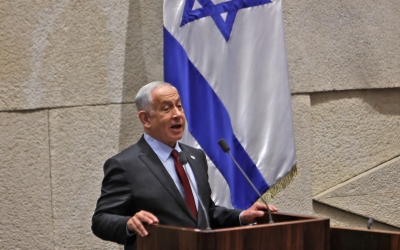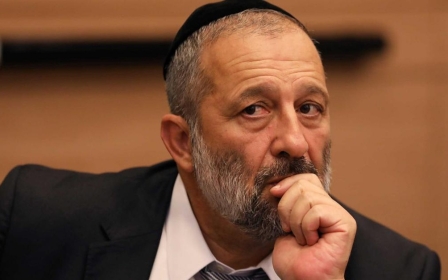Israel wants to bring Saudis into 'circle of peace', says Netanyahu

Israeli Prime Minister Benjamin Netanyahu discussed normalising ties with Saudi Arabia in talks with visiting White House National Security Advisor Jake Sullivan on Thursday, his office said, saying they wanted to bring the Saudis into the "circle of peace".
Netanyahu, who returned to office last month with the formation of a new, ultra-rightwing government, was at the helm in 2020 when Israel established ties with the United Arab Emirates, Bahrain, and Morocco as part of the so-called Abraham Accords.
The Israeli premier has repeatedly expressed his desire to see Saudi Arabia join the list. In December, he appeared on Saudi state television to claim that normalisation with Riyadh is key to peace between Israel and Palestine.
In their talks, Netanyahu and Sullivan discussed "measures to deepen the Abraham Accords and expand the circle of peace, with an emphasis on a breakthrough with Saudi", the Israeli leader's office said in a statement.
They also discussed joint efforts to curb Iran's nuclear programme and its regional activities, with Netanyahu thanking his American guest for President Joe Biden's commitment to preventing Tehran from obtaining nuclear arms, the statement said.
"You come at a special time because we have acute challenges to our security and vast opportunities for peace," Netanyahu said in televised remarks relayed by his office.
"I am convinced that by working together we can both meet the challenges and realise the opportunities," he said. "That's something that bolsters our extraordinary alliance but also can change the region and change history."
Sullivan stressed that "America's commitment to Israel is ironclad and it's a commitment that's rooted in shared history, shared interests, and shared values."
"We have to talk about both the challenges but also the real opportunities that our two countries have to work towards a better future," he added.
'Enhancing the Abraham Accords'
Sullivan's visit, the first by a senior US official since Netanyahu's new government was sworn in, also saw him meet President Isaac Herzog on Wednesday for talks about "ways to deepen the strategic cooperation," Herzog's office said.
Before speaking with Netanyahu on Thursday, Sullivan had met with the head of Israel's Mossad spy agency, David Barnea, and Israeli national security advisor, Tzachi Hanegbi.
Hanegbi and Sullivan also held a video call with their Emirati and Bahraini counterparts, with the four "committing to enhancing the Abraham Accords," Netanyahu's office said.
Netanyahu also spoke to Rishi Sunak on Thursday. The British prime minister spoke to his Israeli counterpart "to congratulate him on his re-appointment", according to a statement from 10 Downing Street.
"The leaders agreed that the Abraham Accords had the potential to bring about a permanent step change in relations between Israel and its neighbours, with far reaching benefits," the statement read.
The new Israeli government is the most rightwing administration in its history, with Netanyahu's Likud party in coalition with far-right religious Zionist factions and ultra-Orthodox parties.
A leading US pro-Israel Democrat senator told the Israeli government this week that she did not want to meet with any members of two far-right parties in the governing coalition, according to a report from Axios.
Senator Jacky Rosen, who co-chairs the United States Senate's Abraham Accords Caucus, was leading a bipartisan delegation of senators to Israel, the United Arab Emirates, Bahrain, and Morocco.
Rosen stated that during their visit, she does not want members of the two far-right parties, Itamar Ben-Gvir’s Otzma Yehudit or Bezalel Smotrich’s Religious Zionism, to attend any of their meetings, two Israeli officials and a source close to the senator told Axios.
Middle East Eye propose une couverture et une analyse indépendantes et incomparables du Moyen-Orient, de l’Afrique du Nord et d’autres régions du monde. Pour en savoir plus sur la reprise de ce contenu et les frais qui s’appliquent, veuillez remplir ce formulaire [en anglais]. Pour en savoir plus sur MEE, cliquez ici [en anglais].






